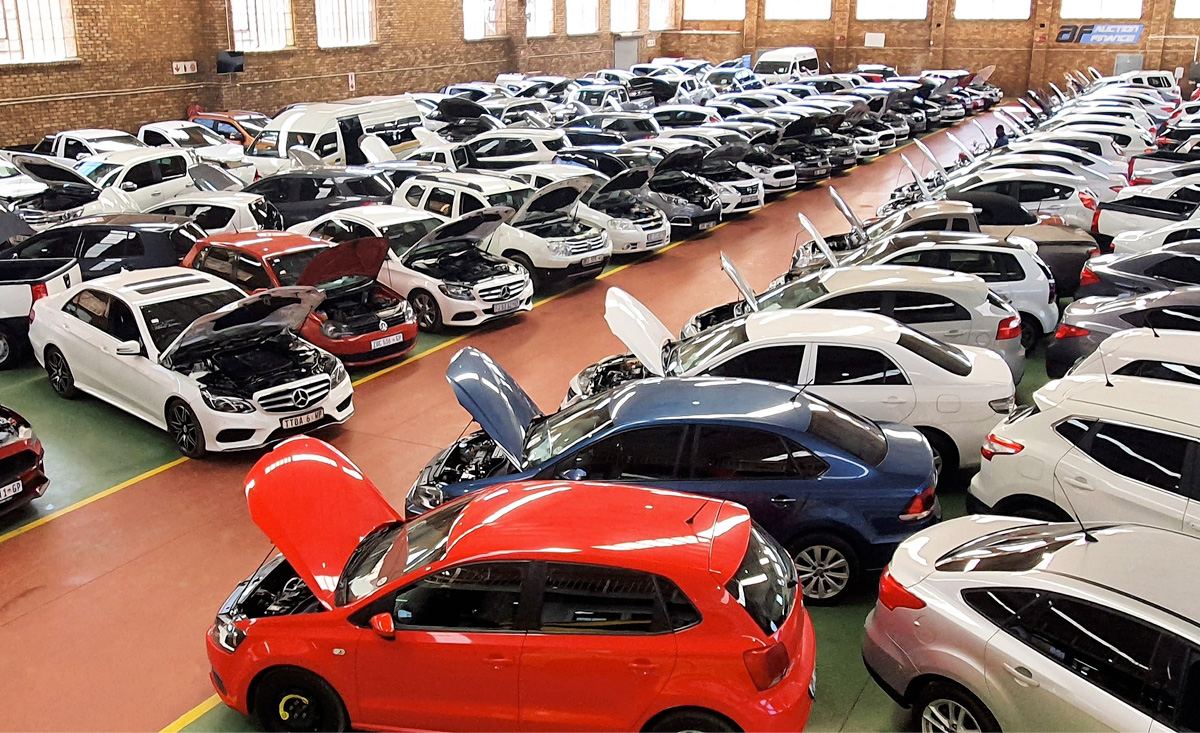With the average price of a new car skyrocketing each year, it can be hard to keep within your budget when shopping for your next vehicle. While some dealerships are great about sticking to your budget and helping you find the right car, there are many that are quick to drive the price up without you even noticing. The last thing you want is to see a final price way out of your ballpark and feel as if you have no choice than to sign on the line. To make smarter buying decisions and stretch your budget further, you might also explore opportunities like finding undervalued cars at auctions in 2025, which can often be a cost-effective alternative to dealership prices.
What can the MSRP tell me & can I negotiate after discounts?

Understanding the window sticker of a new car is very important to the car buying process. You can look at the features and equipment the vehicle left the factory with as well as the manufacturer’s suggested retail price, or MSRP for short. This is not the out-the-door price of a vehicle, rather it’s the total price of all features and options on top of the base cost of the vehicle. Sometimes, a dealer will add another piece of paper next to the window sticker with an itemized list of additional costs called an addendum. This might include add-ons like a tracker, window tint, pin striping, protective coatings and more.
When shopping online, the price you see the cars listed at is more than likely the dealer price, not the MSRP. This price will include any dealer fees and “market adjustments,” or maybe even discounts if you’re lucky, that apply to the vehicle you’re looking at. Always make sure to look at multiple dealerships to compare prices even if they’re far away to get a feel for prices elsewhere. Knowing what other dealers are charging can give you a leg up in negotiating a fair price for your vehicle.
Manufacturers will almost always be offering some sort of incentive to get more people to visit dealerships. Each marque has their own military discount as well as a college graduate discount, which isn’t helpful to the masses but are available year-round whereas other discounts are around a holiday. These discounts can be useful to bring the price down, but don’t think that the price can’t be negotiated down further after the discount is applied. These discounts are on the manufacturer side of things, which means the dealer has some distance to move down as well. The dealer invoice will already be adjusted to ensure a profit for the dealership, which means that the dealer could still knock off an extra few thousand dollars and still make money.
Can I buy at invoice?
When a dealership purchases new cars from the manufacturer, it buys them at a set price. This is called the dealer invoice. Some people are able to walk into the dealership and ask to buy a car at invoice, but it doesn’t work every time. In order to negotiate a car down to its invoice price, you have to know how long a car has been sitting for on the lot. Each day a car sits, it costs the dealership money for insurance and other things, so they’re looking to move cars fast enough to make money. When cars sit too long, the dealer is tired of not making any money off it so they will want to find a buyer sooner rather than later.
If you’re able to find out how long a car has been sitting through Carfax or Autotrader’s AutoCheck program, you can use this information to your advantage and get a better deal on a new car. Claiming you want to buy at invoice without using any other information to back you up will have you laughed out of the dealership faster than you can say, well, invoice. Again, this is a strong negotiation tool you can use for cars that have been sitting for a while, not ones that have just come off the carrier.
Monthly payment vs. total cost

What might be the most important thing to worry about when shopping for your next car is your payment. If you choose to pay with cash and buy the car outright, you’ve effectively spent the least amount of money to buy the car. If you want to finance the vehicle, you will be given a multitude of options for loan terms and down payments. Dealers are sneaky in that they will want you to focus on your monthly payment rather than how much the total cost of the vehicle is.
An extra tip for financing cars is to do some math on your loan term. Find out your interest rate and work out how much you will pay in interest on top of the overall price of the vehicle. Keen spenders will see how lowering your monthly payment by extending the term longer will come back to bite you in the rear in interest since you will be paying thousands more than the cost of the vehicle.
If you’re leasing a new vehicle, the overall cost isn’t necessarily in the picture. However dealerships make leasing a new car look financially responsible since the monthly payments tend to be lower than if you were to finance. The only issue with leasing is that you aren’t building any equity in the vehicle, so at the end of your lease term, you return the car and start all over again or finance the residual value. If you purchased the vehicle outright or financed, you could trade in the vehicle and put the money towards your next car. If a dealer begins to push you in the direction of leasing, be sure to ask about what the residual value will be since that value is rarely negotiable.
Dealer fees & add-ons
The most common dealer fee listed on websites is the “doc fee,” short for document fee. It’s an extra few hundred dollars or more tacked onto the vehicle’s price, which is French for free money going into the dealership’s pocket. It doesn’t cost that much to file paperwork, so don’t assume that this price is always fixed. Other added fees that will come up could be what’s called a “market adjustment fee” which applies to cars where demand is through the roof. If a new car is hot on the market and multiple people are looking to buy one, a dealer will mark up the price exorbitantly to make as much money off it as possible. To avoid these traps, it helps to understand the latest car buying trends—this guide on buying a car in 2025 is a great place to start.
Additional extras on new cars are always optional. Everything added to the vehicle after it’s been delivered to the dealership is negotiable. Dealers might argue that the car comes as-is but if there’s not another car like the one you want nearby, then you can negotiate with the dealer to remove those optional extra features. However, if you’re looking to get more outdoorsy then by all means keep the lift kit, roof rack and mudflaps on your Subaru.
Sketchy salespeople

Some tactics applied by salespeople might include walking around the showroom floor model to expound on all the different additional features applied to a car. They might bring you over to the beautiful bright red Camry XSE and have you run your hand over the protective coating applied to the paint to keep it scratch-free. They’ll seduce you with the extended warranty that covers stains and tears to the plush black leather inside and tell you all about the undercoating the car received to protect it from road salt and grime build-up. But be warned! These features drive the price of the car up significantly and if your eyes haven’t glazed over in lust, you’ll be quick to thwart a salesperson’s speech before it picks up any momentum.
The adage of salespeople looking to squeeze as much money out of people is thankfully few and far between. Most sales people today are looking to keep their clients happy and will work with you to find a car that fits your budget and make sure you’re satisfied with your decision. The ones who try and push a particular vehicle over another based on price and features are ones that are not worth your time. If you feel you’re being pressured into a car you don’t feel comfortable with or a price you can’t afford, you can always walk away. Remember, you’re not locked into anything until you decide, so don’t fall for salespeople when they try and talk up a storm about your price and payments.
Overall, the dealer is going to hide many different “gotcha” fees that are enlaced in jargon or buried within other fees they might be charging. Other processing fees and claims of “unavoidable” costs aren’t always as such. The father-son duo of the CarEdge YouTube channel have a saying that sums up negotiating for your next car: “if it’s taxable, it’s negotiable.” Applying this thought process throughout the car buying experience will have you better prepared to ask the right questions and stand your ground when buying a new car. For more resources on finding fair deals and avoiding fee traps, you can explore Bid for Autos, a platform dedicated to smarter car buying.






